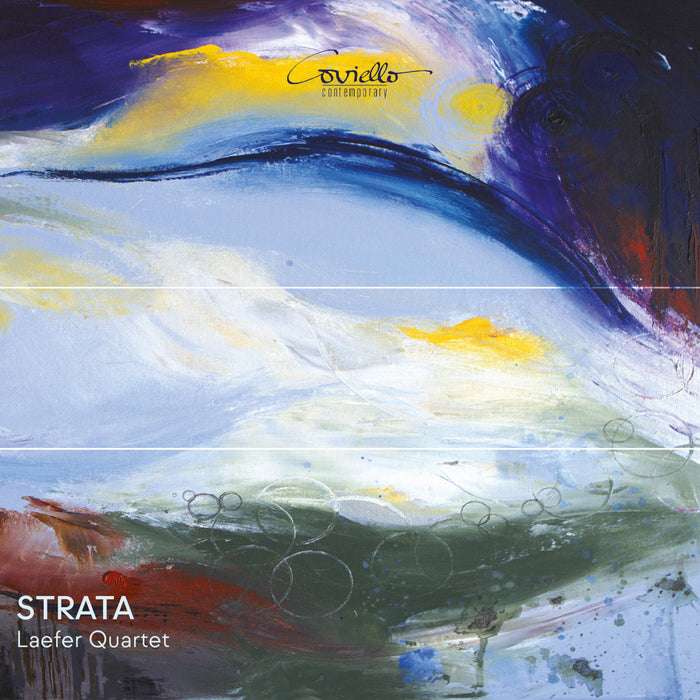Description
The brief heyday of the Anhaltinische Hof in Zerbst (Saxony-Anhalt) coincided with the work of its court Kapellmeister Johann Friedrich Fasch. The benevolent and prudent Prince Johann August von Anhalt-Zerbst (1677-1742) expanded his court orchestra and engaged outstanding musicians for this purpose.
The duties of his Kapellmeister were varied and extensive, including providing special compositions for the birthdays of the ruling family. For the prince's birthday on 9 June 1723, he composed The Four Day Times, a serenata for four soloists and a very colourful and lavish orchestra. With Aurora (the morning), Phoebus (the noon), Hesperus (the evening) and Cynthia (the night), the deities of the four times of day appear to pay homage to the ruler.
The programme is complemented by an equally colourful four-movement Fantasia, which unusually requires three different soloist scorings: first 2 oboes, then 2 transverse flutes and the last two movements are then a first version of Fasch's concerto for chalumeau, the preliminary form of the clarinet.
All works are world premiere recordings.
'The four soloists do a great job: the singing is excellent, technically and stylistically. They do just everything right. The playing of the orchestra is energetic and colourful, but also – when needed – very subtle and full of expression.' – Music Web International
'As anyone that has heard any of Fasch's innumerable suites or concertos knows, his music is never less than enjoyable, melodically highly inventive and frequently displaying felicitous touches of instrumental colour – all features on generous display here.' – Early Music Review
'Conductor Markus Uhl keeps things ticking along nicely and L'Arpa Festante play concertante elements associated with specific characters astutely. Monika Mauch's cheerful lightness as Aurora is joined by upward-rushing oboes conveying dawn.' – Gramophone











